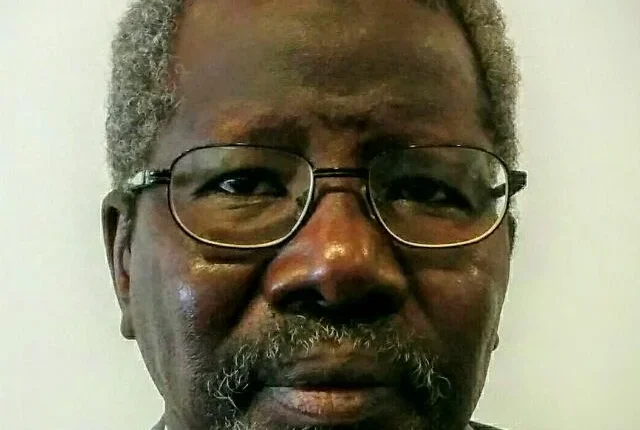The Prime Minister’s Roadmap

Dr Hassan Issa Al-Talib
One of the most significant indicators of recovery, as stated by Prime Minister Professor Kamal Idris on national television on 1 June 2025, was the presentation of a roadmap to mark the inauguration of his tenure. He outlined the plans and programmes that will constitute his priorities and his pledge to the Sudanese people.
This marks a necessary and significant step forward. It represents a contract of commitment and loyalty to the Sudanese people, addressing their daily concerns and the nation’s urgent needs in the lead-up to the elections. Such conduct aligns with the principles of governance and exemplary leadership, standing in stark contrast to the prevailing approach during most non-electoral and transitional periods—times when the people had no clarity on their direction or destination. During those phases, chants and slogans were directed at glorifying individuals and self-interest rather than the homeland, resulting in childish and populist outcries such as “We will build it” and “Thank you, Hamdok.” Meanwhile, the reality on the ground was one of systematic destruction of the state, the subjugation of its sovereign decisions to foreign entities and embassies of neo-colonial powers, and a deliberate exacerbation of divisions among national, regional, and local components. It also included attacks on the nation’s sacred values, cultural heritage, and religious and social symbols.
This led to an existential threat to the state itself, particularly with the increasing calls to dismantle the national army and alter the constitution without a referendum or election, imposing a false legitimacy dictated by mob rule and populist sentiment. A fabricated and fictitious parliament then passed laws, the vast majority of which had been pre-allocated at a 67% majority—without any elections, referendum, or public consultation. This was all done according to the infamous “constitutional disgrace” document, drafted in secrecy and behind closed doors. The result was institutional overreach in state management and the disgraceful failure into which the country has since descended—evident in the killing, looting, rape, displacement, and an unprecedented wave of internal displacement in the nation’s history since the founding of the Sudanese nation-state during the Blue Sultanate in 1502.
This culminated in the dramatic failure that compelled the Prime Minister of the transitional period, Dr Abdalla Hamdok, to deliver a resignation speech to the Sudanese people on national television in January 2022. In it, he lamented the lack of a programme, a work plan, or a roadmap throughout the two-and-a-half years he led the country.
We hope the next government will be composed of technocratic ministers aligned with the vision and plans laid before the public. Matters of livelihood, the rule of law and justice, redress of grievances, and security must be the top priorities—tangible indicators of genuine intent and seriousness in pursuing meaningful change and improvement.
It is also vital to address the flaws of the activists’ constitutional document, which, since 2019, failed to establish a legislative council. This should now be remedied through popular consultation and national consensus, with representatives delegated from each state to fulfil the duties of oversight, legislation, and public representation. Such a process would enhance legitimacy and complete the institutional framework of sovereign authority, laying down the broad contours of the democratic transition phase.
Shortlink: https://sudanhorizon.com/?p=5881

